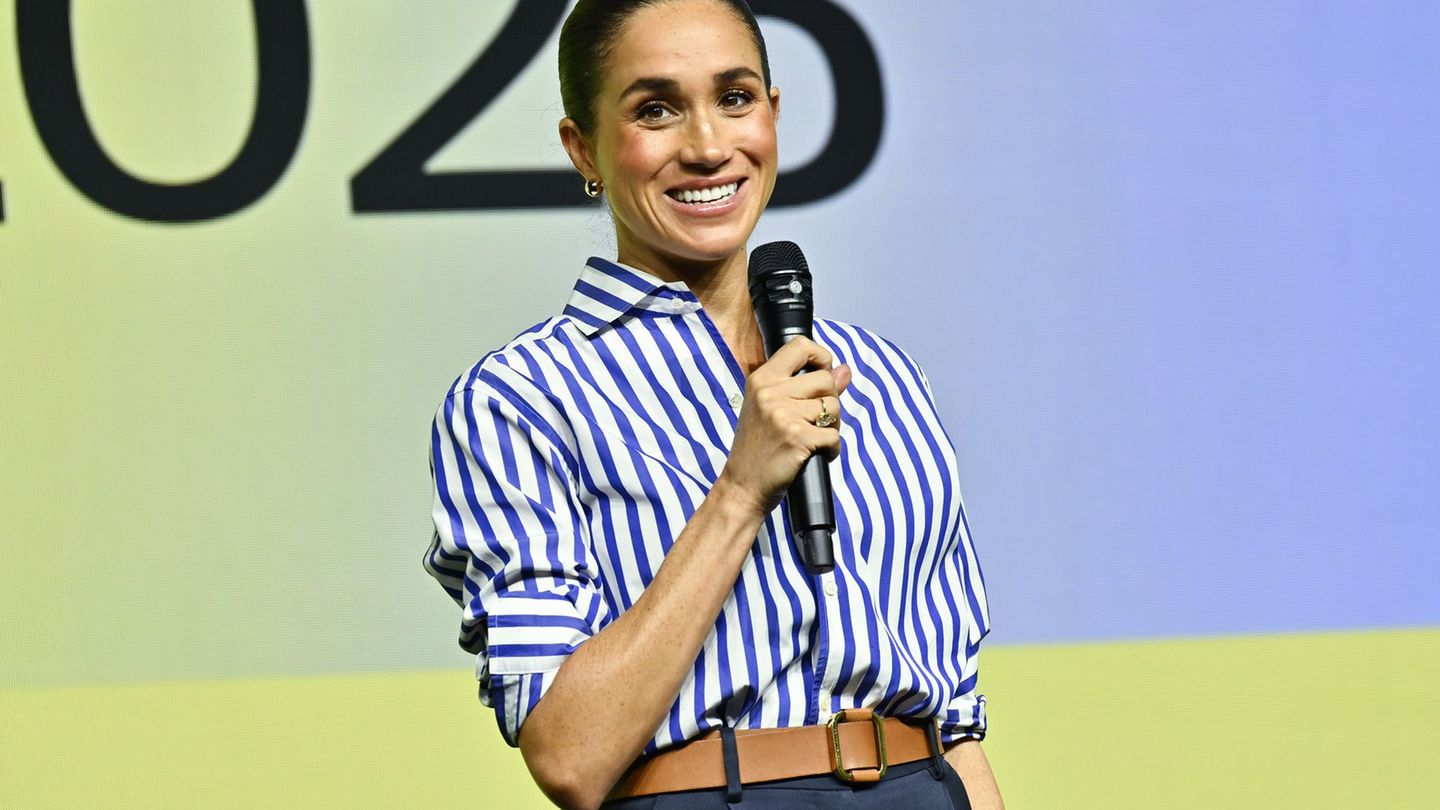Although the job placement outlook is not entirely adverse for professionals over 50 years of age, from our activity as industrial headhunters we are perceiving a positive evolution in terms of age inclusion in the selection processes.
In 2023, 9.04% of the hires we managed at NUMAN were for people over 50 years old, in Argentina and Colombia, and during the first six months of 2024 the percentage has already risen to 11.54%. (around 20 percentage points more than the entire previous year). This trend allows us to be optimistic about the future if we take into account that compared to 2022, the increase in hiring +50 in 2023 was 54% higher, which shows a very interesting acceleration in the last 36 months.
On the other hand, 45% of professionals over 50 years old who joined industrial companies were engineers in different areas of industrial expertise such as Engineering, Supply Chain and Technical Sales.
As employment consultants, we know that the old argument for getting rid of people over 50 is to look for people with potential or who can make a career for themselves in the company. While this point may be relatively true, it is not always the case, as the level of turnover in the labour market has increased significantly in recent years.
Nowadays, it is difficult to imagine that a professional – regardless of age – would remain in an organization for the number of years that they used to in the past, building a long-term ‘career’. The rotation of the most junior profiles is a dynamic that exceeds the good will of the Human Resources departments; young profiles want to try themselves in different roles and sectors.
Therefore, being biased by ageism ends up harming professionals over 50 who would probably have contributed 10 additional years or more to the company, as opposed to younger profiles, who in the best of cases will contribute 2 to 5 years of professional life to the organization.
Ageism bias leaves behind people who are committed to the organization’s culture and have experience that will be very difficult to find in younger profiles.
Fortunately the departments of Human resources and industrial management are beginning to realise that ageism is based on prejudice and bias rather than hard evidence.
What do industrial sector stakeholders think? According to a recent survey, the most common prejudices found in the labour market in relation to professionals over 50 are the following:
- They do not have the ability to update themselves in terms of digitalization (37%)
- They do not have the flexibility to integrate into younger cultures (36%)
- They are not up to date (20%)
- They have lost management capacity (7%)
However, over-50s have been demonstrating over the last 3/4 decades that they have the skills to adapt, integrate and be flexible, in a way that other generations have not had the opportunity to do.
Among other factors, for having successfully assimilated and been protagonists of the transition from the analogue to the digital world, and having lived and led the process of transformation of communications and production systems, based on the incorporation of new technologies.
Precisely, the transition through the working life of those over 50 is characterized by constant adaptation, reconversion and flexibility in the face of the radical changes that humanity has experienced since the mid-1980s.
In this regard, and to find out what added value the industrial ecosystem identifies in professionals over 50, 260 professionals in the sector were consulted, obtaining the following results:
- Leadership/negotiation skills (40%)
- Frustration tolerance (26%)
- They set priorities better (22%)
- They manage anxiety better (12%)
Today, the job opportunities for professionals over 50 are available in both large companies and SMEs.
Especially in companies with a high level of technical specialization that, by incorporating professionals with extensive experience, aim to add technical knowledge and experience in the area, and the ability to provide younger employees with critical skills for operations and business.
In addition, there are job insertion experiences such as outplacement, used in the onboarding of candidates, where the person is prepared so that quickly and in a few sessions, they can incorporate and transmit the updated culture of the organization.
Our recommendation for profiles over 50 is that workers identify whether they are working in a company that has biases linked to ageism in its corporate DNA, in order to rethink their professional future in advance and design a sustainable career over time.
Who holds the senior positions in the company? What weight does knowledge have within the company? How does experience and the learning system circulate within the company? And most importantly: Are there profiles of over 50s in the organization where you work? If the latter is not the case and you are not yet in that age group, it is time to change your professional history.
Business Manager at NUMAN – Industrial Headhunter
Source: Ambito
David William is a talented author who has made a name for himself in the world of writing. He is a professional author who writes on a wide range of topics, from general interest to opinion news. David is currently working as a writer at 24 hours worlds where he brings his unique perspective and in-depth research to his articles, making them both informative and engaging.




